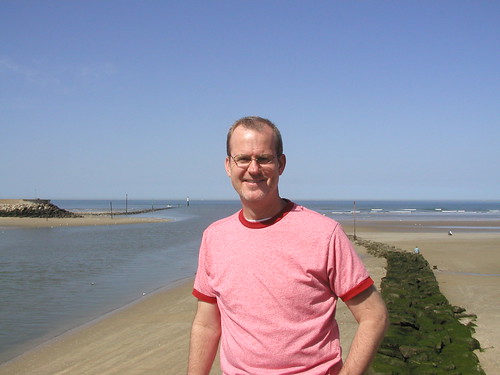
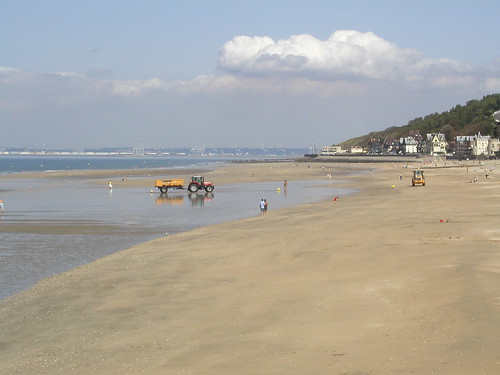
as well as a brief detour through Caen. Caen’s main claim to fame is that William the Conqueror ruled from Caen in the 11th century. His fabulous castle (seen here) was heavily destroyed in a 2 month battle in 1944 that resulted in a fire that burned in Caen for 11 days. Since WWII, portions have been restored.
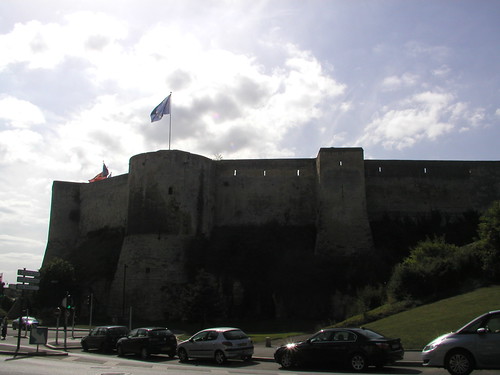
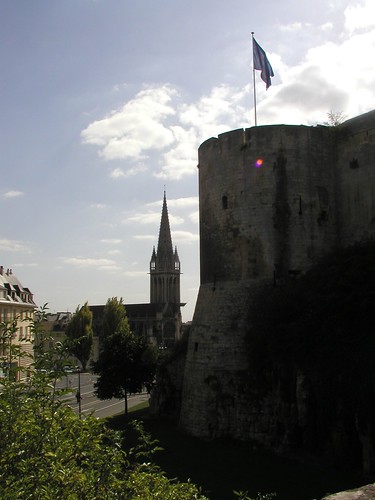
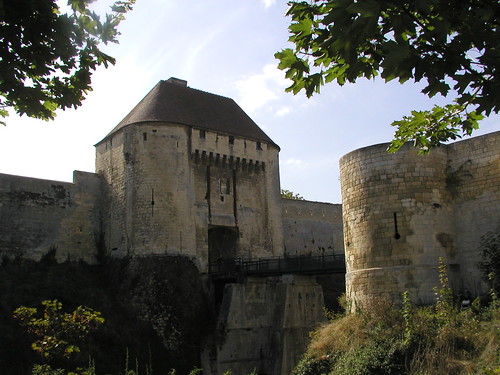
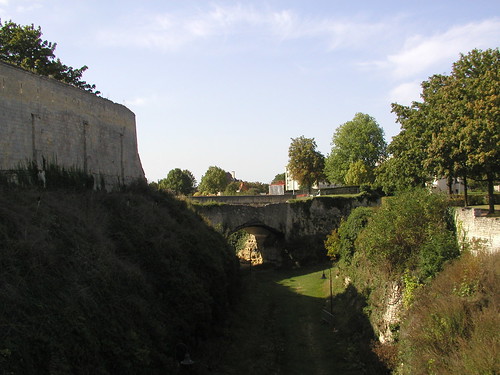
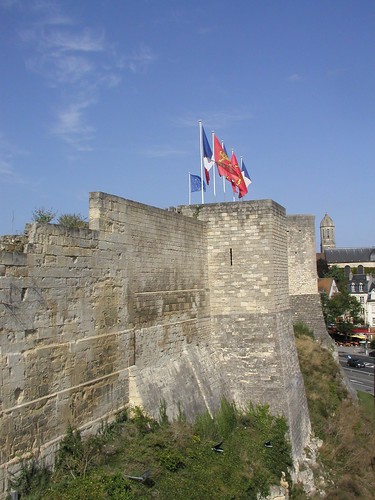
Caen’s other main architectural gem is the Abbaye aux Hommes (Men’s Abbey) also built by “Bill” in 1066.Today, many of the elegant buildings attached to the abbey complex are Caen City Hall and government buildings. St. Etienne, the abbey church is still in use today as a place of worship. Inside, what had been William the Conqueror’s tomb was destroyed in the 16 century by the Huguenots during the Wars of Religion.
Interesting side note: the stone used for the church and abbey come from local Caen stone quarries; other notable buildings, such as Canterbury Cathedral, Westminster Abbey, and the Tower of London, were also built from Caen stone.
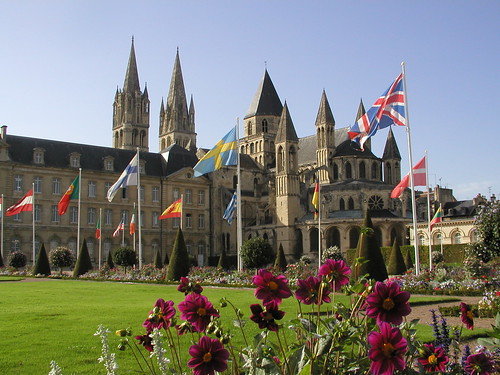
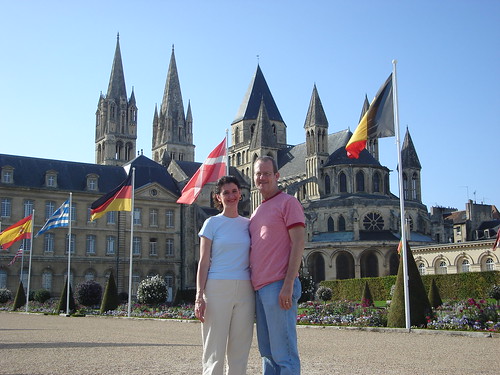
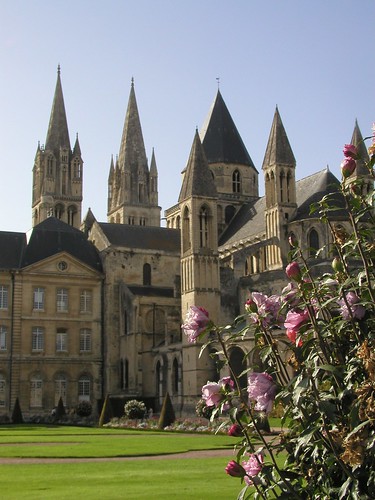
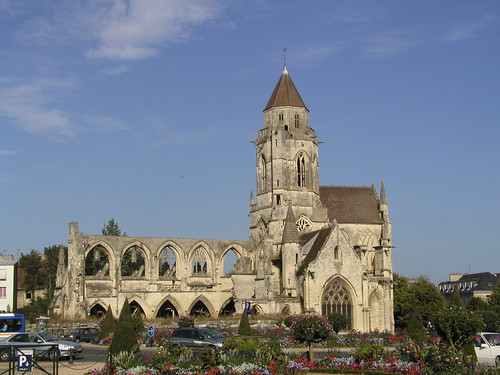


No comments:
Post a Comment